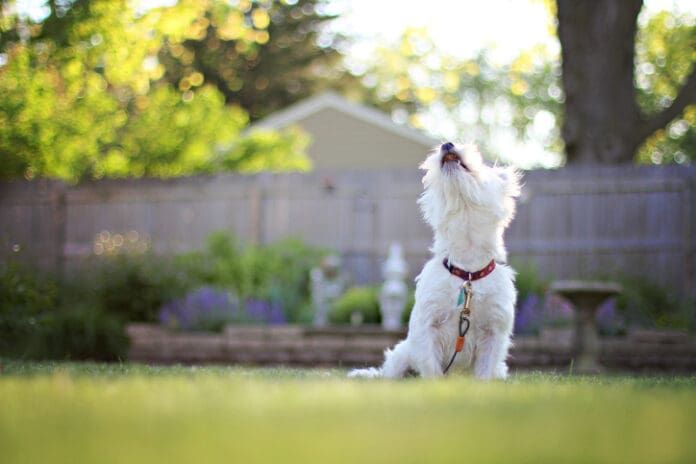The obvious first step – asking the dog’s owner to stop the noise – is either ignored or botched by a surprising number of people. Perhaps it’s not all that surprising approaching someone with a complaint can be unpleasant and in some cases intimidating.
However, talking to your neighbor calmly and reasonably is an essential first step. Even if you do eventually end up in court, a judge isn’t likely to be too sympathetic if you didn’t make at least some effort to work things out first. So it’s a no-lose situation, and if you approach it with a modicum of tact, you may be pleasantly surprised by the neighbor’s willingness to work toward a solution.
Sometimes owners are blissfully unaware that there’s a problem. If a dog barks for hours every day – but only when he’s left alone – the owner may not know that a neighbor is being driven crazy by a dog the owner thinks is quiet and well-mannered. Even if you’re sure the neighbor does know about the dog’s antisocial behavior, it may be better to proceed as though she doesn’t.
Here are some suggestions on how to get the most from your negotiations:
- Write a friendly note or call to arrange a convenient time to talk. Don’t blunder up some rainy evening when the neighbor is trying to drag groceries and kids in the house after work.
- If you think it’s appropriate, take a little something to the meeting to break the ice – some vegetables from your garden, perhaps.
- Don’t threaten legal action (or illegal action!). There will be time to discuss legal remedies if relations deteriorate.
- Offer positive suggestions. Once you have established some rapport, you may want to suggest, tactfully, that the owner get help with the dog. Try saying something like, “You know, my friend Tom had the same problem with his dog, and since he’s been taking the dog to ABC Obedience School classes, he and his neighbors are much happier.” Of course, if you make suggestions too early in the process, the neighbor may resent your “interference.”
- Try to agree on specific actions to alleviate the problem. For example, that the dog is kept inside between 10 p.m. and 8 a.m.
- After you agree on a plan, set a date to talk again in a couple of weeks. If your next meeting is already arranged, it will be easier for you to talk again. It won’t look like you’re badgering your neighbor, but will show that you’re serious about getting the problem solved.
- If the situation improves, make a point to say thanks. Not only is it the nice thing to do, it will also encourage more progress.
For more advice on how to understand and manage your dog’s barking, download and read Whole Dog Journal’s exclusive ebook Stop Barking.





